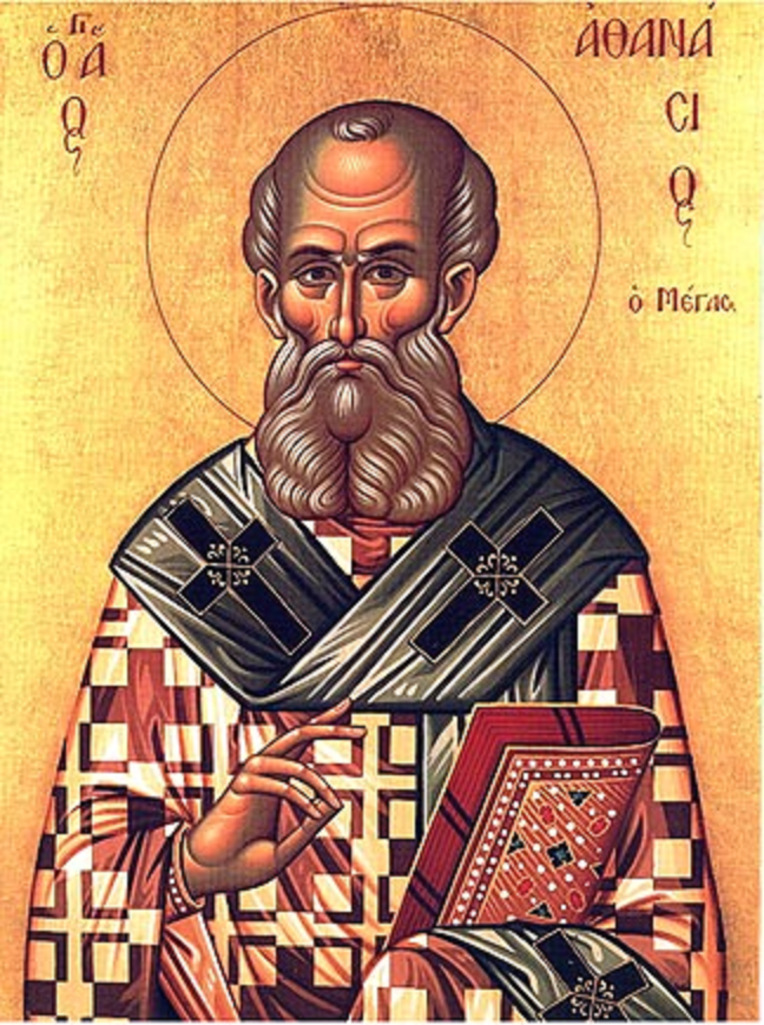Introduction:
Why Study About Jesus Christ
Why study Jesus of Nazareth? For some, he is Lord and Savior, while, for others, he is nothing more than a historical figure. At various periods in time and with different peoples, Jesus has been seen differently. You get some schools with very different thoughts, some that even exist still to this day. You had the various Gnostic sects, Arians, atheists who discount His existence and those, along with agnostics, who believe he was real, but just a man (which would fit into Arianism, but these guys have no faith attached to their belief of Jesus' life), and Orthodox Christians (East, Greek, and Russian Orthodoxies, Catholics, and Protestants). The study of the Historical Jesus, in my view, has been more academic than religious. There are some, N. T. Wright and others, who strive for a historical Jesus that fits with the Biblical Christ or Christ of Faith as he has been called by some scholars. I hope to focus more on a religious view of the Historical Jesus. I plan to do a series (not sure how long to make it yet) on this study. I will begin with a historiography, followed by some background information on the political and religious information of Jesus, and end with some serious in-depth analysis of the Gospels using my historical-theological criticism.
To Start With...
The divinity of Jesus, his life, and even proof of his existence has been questioned since after his death and resurrection. These arguments were the purpose of the Creeds. A majority of the Christians during the fourth century were Arians. Arius was a simple preacher in the fourth century, who felt that God was only divine and that Jesus was just His son (Dowley, Introduction, 118). The problem that he came across was in the word "begotten." For Arius, if Jesus was begotten of God, then Jesus was not the same as God, but a created being; for Arius, this was a heresy because you could not worship creation of any kind (Sproul, Who is Jesus, 42). However, Saint Athanasius, bishop of Alexandria in the fourth century, was the key figure who used a non-biblical term in Greek that meant coeternal. Basically, Saint Athanasius was the one who saw in the Bible the truth of Jesus' divinity. Here is where we must end. We will pick up again in the next post on the historiography (basically, we will look at the history of the beginning of the enlightenment) of the study of the Historical Jesus.
What do you know of the Historical Jesus? What does your denomination or your own beliefs state of who Jesus is? Leave me a comment on your thoughts or questions. Be blessed and see you in the next post.
C. Bohall
Bibliography
Dowley, Tim ed. Introduction to the History of Christianity. 2nd ed. Minneapolis: Fortress Press, 2013.
Sproul, R. C. Who is Jesus? Orlando: Reformation Trust Publishing, 2009. Logos Bible Software.



No comments:
Post a Comment